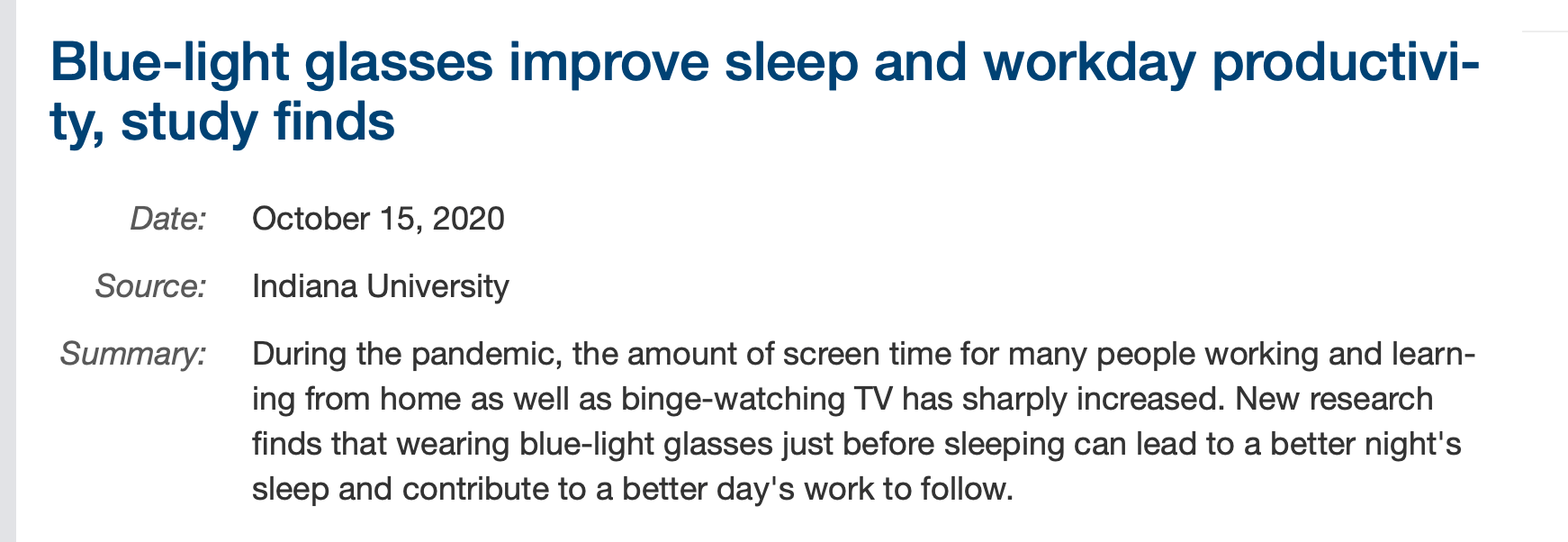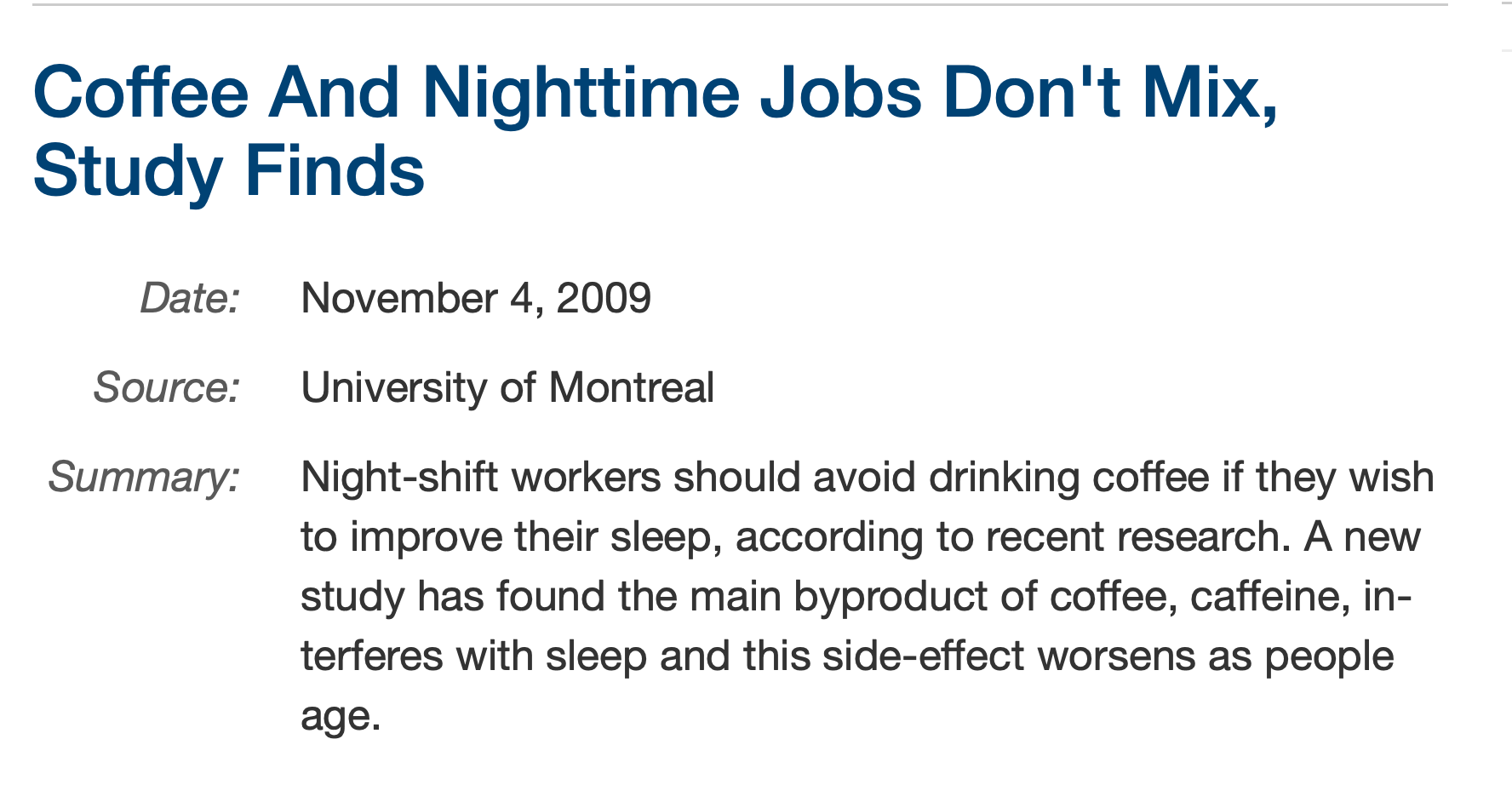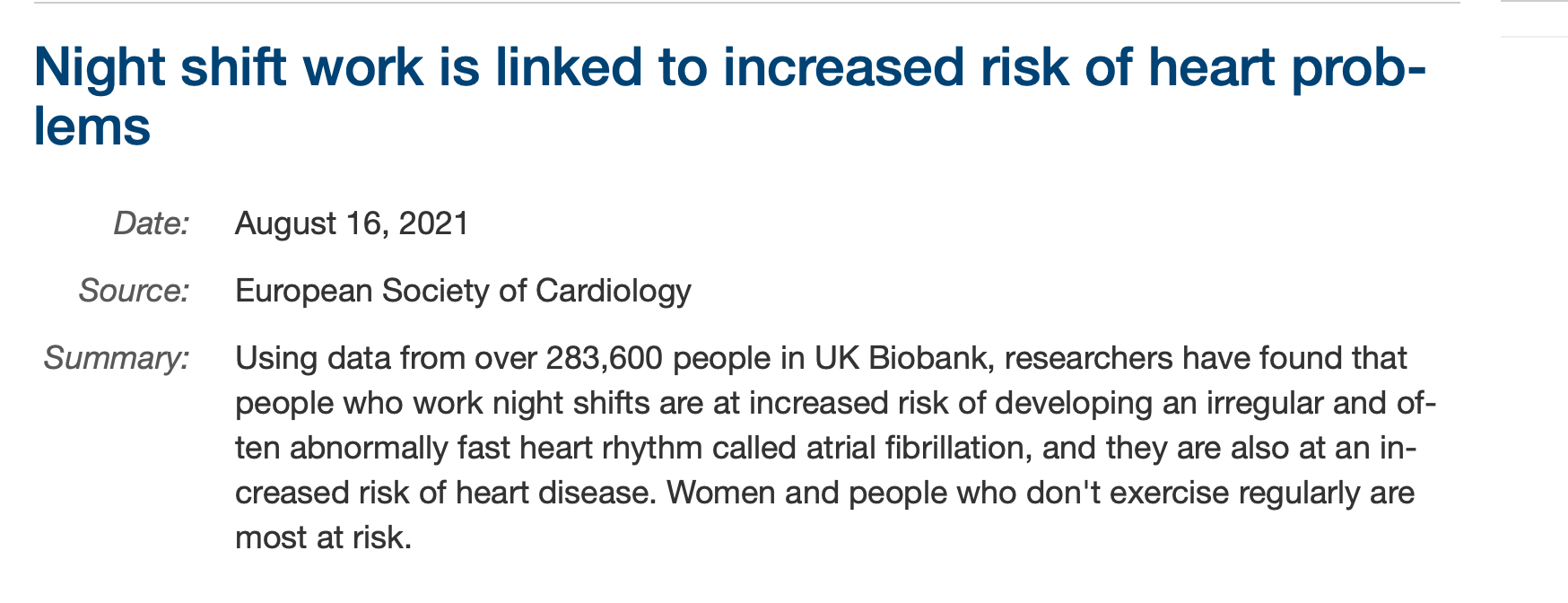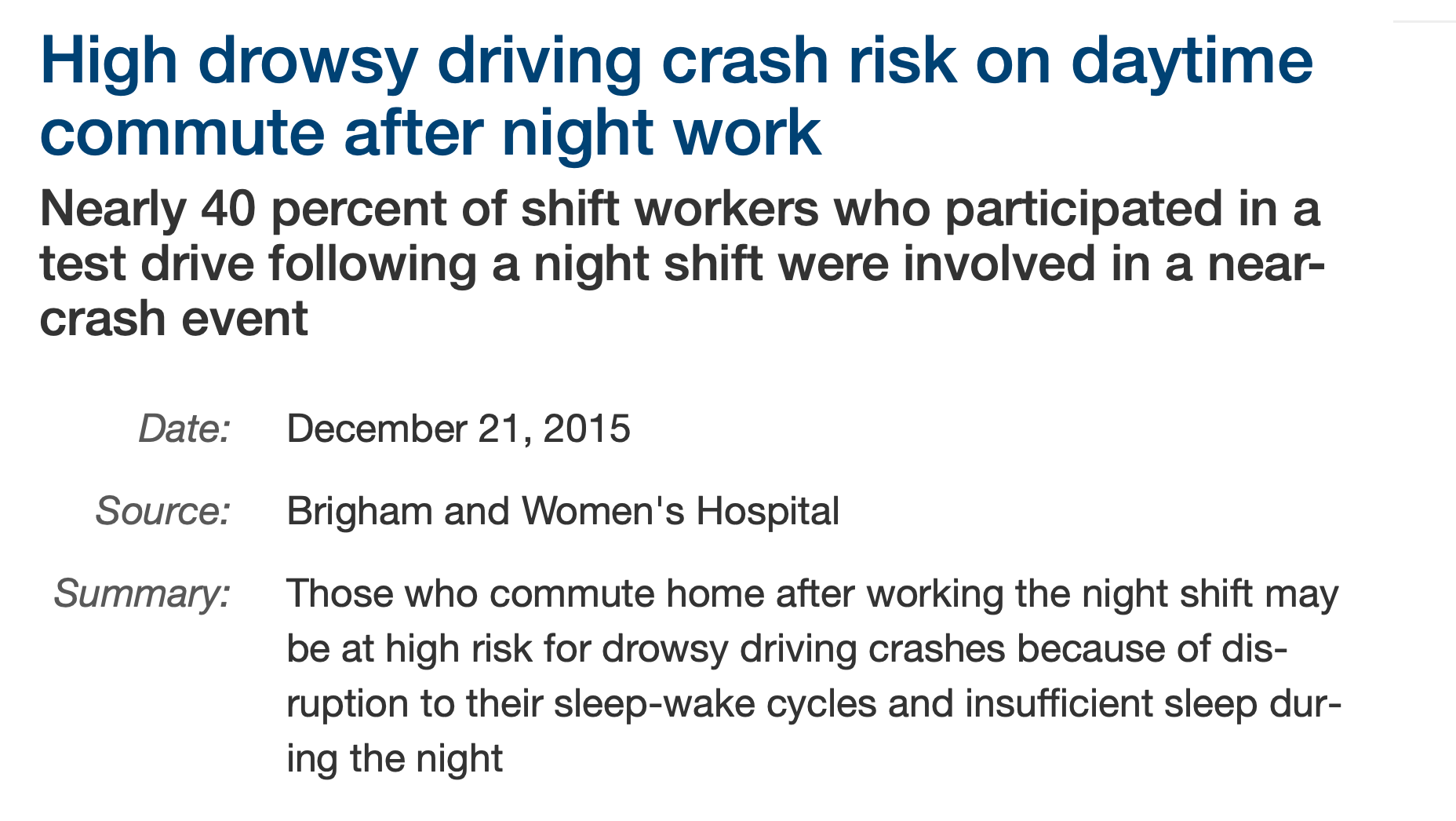
Remember how most of us grew up with the age-old adage that said, “Burn the midnight oil.” We were brainwashed to believe that if you wanted to attain success, you had to spend sleepless nights hustling to get there. Human beings are the only species that sacrifice sleep to fulfill their personal, professional, or social interests. For the 101 social media posts that you see of successful people claiming that they slept 3 hours a day to build an empire, what you do not see is the reality hidden behind closed doors – from increased levels of inflammation, an over-dependence on sleeping pills, hormonal imbalances, disturbed mental health, and jarring medical reports. Yes, the taste of success is sweet, but is it worth losing quality and deep sleep?
Science will disagree. Because today we have years worth of data that links chronic sleep deprivation to every single lifestyle disease. And most of us have the power to change this with simple lifestyle changes. You may wonder, but what about people who are bound by their circumstances to work graveyard shifts to make ends meet? Millions of people work in international time zones and are constantly battling to work against the laws of nature and their internal biological clock – circadian rhythm. How does this affect health?
Table of Contents
ToggleHere is what scientific studies over the years say about night shifts.
The idea is not to scare you but make you aware of what a disruption of their circadian rhythm can do to your body. It is to motivate you towards living a consciously healthy life. If you are a night shift worker, you most likely fall into one of the two categories:
- You are working at night due to a personal choice, perhaps because you like working at night.
- You are bound by your work schedule and have no choice.
Our recommendation:
Unless you have fully exhausted all other options and possibilities of working a standard 9-to-5 job, consider working night shifts for just a temporary period while you continue searching for a day job. Working nights for extended periods can disrupt the intelligence of your body and its ability to heal itself. Did you know how night shifts and sleeping late is classified as a carcinogen?
But if you are in a situation where you cannot help working night shifts due to a lack of choice, here are some simple tips and precautionary measures that you can take to help your body adjust to your schedule and have an improved and healthy sleeping routine.
#1 Stop piling sleep debt

Believe it or not, millions of people continue to add to their sleep debt. What is sleep debt or sleep deficit? Think of it like this. How often do you stay up late to scroll, socialize, or engage in activities by eating into your sleep hours, thinking you will make up for lost sleep on the weekend? It can affect you at a deep cellular level over time. Sleep debt is the difference between the amount of sleep your body needs and how much you get. Science says that your body can take up to four days to recover from one hour of lost sleep and over nine days to eliminate your accumulated sleep debt. But it may not necessarily reverse the damage it has already caused.
You eat and breathe every day. You don’t wait for the weekends to do it just because you are working at night. Remember, your body works relentlessly to help you thrive and perform various functions. So, quality sleep every single day is crucial. Moreso, if you work night shifts.
#2 Have consistent sleep and wake-up time

You can trick and train your mind and body to adjust to your new cycle by adopting consistent sleep and wake-up time. Just like your job has turned your night into daytime for you, you need to turn your day into night-time for your body. Having fixed bedtime and wake-up time is the first step to achieving this and striking a balance. Inconsistent routines throw your inbuilt clock and hormones out of whack. It slows your body down cripples your immunity and affects your metabolism. Set boundaries with family members and friends if you must around your resting time. Try your best to follow the same sleep schedule even on holidays, as much as possible. DO NOT delay going to bed.
#3 Take power naps

Yes, power naps can be magical. We recommend night shift workers take a nap whenever they can. But if you want it to be super effective, try taking a power nap just before resuming your night shift. It helps increase mental alertness. Besides, science also backs the benefits of short naps (from 20 to 45 minutes) to help alleviate sleep deprivation, reduce sleepiness and fatigue, boost your immune system, and restore brainpower. Even naps 20–45 minutes long prove beneficial for shift workers to counteract fatigue.
#4 Use blue light blockers
Did you know a 2019 study concluded that daily exposure to blue light can accelerate aging, even if it doesn’t reach your eyes? Yes, increased expire to blue light emitting from your devices like phones, computers, tablets, and household fixtures, not only suppresses the sleep hormone melatonin and affects your eyesight but also could likely affect your longevity. Using blue-light blockers can help. These glasses filter blue light and ensure minimum exposure to it. You might also consider using apps that adjust your phone’s screen brightness as per sunrise and sunset.

#5 Take time to unwind
Had a long work day? Come home and engage in simple pre-bedtime rituals that can relax your muscles and help you unwind. Take a warm shower, practice Yoga Nidra, do breathing exercises, or meditate. Diffuse essential oils for a sense of calm before bed.
#6 Invest in light blocking curtains or eye masks

Create the perfect environment to induce deep quality sleep. Set the right temperature and most importantly sleep in a pitch dark room to boost the secretion of melatonin. Before you panic about how you can make this happen, let us tell you. Invest in thick, dark-colored, or black-out curtains that prevent daylight from penetrating your room. You can also invest in a good eye mask if your bedroom is bright during the day. Scientific studies recommend that you close your binds before you sleep. A 2022 study revealed that exposure to even moderate ambient lighting during sleep, compared to sleeping in a dimly lit room, harms your cardiovascular function during sleep and increases your insulin resistance the following day. So, black out the room.
#7 Switch off all gadgets
We have already spoken about the effects of blue light. Engage in digital detox by switching off your phone and other gadgets to avoid disturbances, distractions, and notifications. Use earplugs to block outside noise, if any.

#8 Avoid caffeine during work hours

Be mindful of your caffeine intake during your work hours. Consume it in moderation. Don’t forget that caffeine is a stimulant that is used to keep sleep at bay. Your body is already working against your biological clock. As you age, downing cups of coffee to stay awake during a night shift will only be detrimental to your health. It can lead to broken sleep cycles, decreased sleep efficiency, duration, slow-wave sleep (SWS), and REM sleep. Drink herbal and non-caffeine beverages instead.
#9 Eat at the same time and keep it clean

Adopt consistent meal schedules as well. Eating at a fixed time every day will build and promote a regular body cycle. Ensure to eat a rainbow. Keep the right balance of clean and nutritious foods like fruits, vegetables, whole grains, nuts, and seeds. Choose easily digested foods over heavy ones. Keep your stash of healthy snacks. Avoid eating large and heavy meals within three to four hours of bedtime. Stay away from processed and refined sugar foods that lead to quick rises and dips in energy levels. Don’t smoke or drink alcohol close to your bedtime because these stimulants can lead to fragmented sleep and make you feel tired the next day. Stay adequately hydrated.
#10 Move around your office space
Have space in the office? Get movement when you can. Get up and stretch your body, try to touch your toes, or take a walk around the room every hour. Jog around your workplace during your break. Do not overdo it. Movement can help maintain energy levels during your shift and enhance sleep quality when it is time to go to bed.
#11 Wear sunglasses when stepping out after a shift

Wear sunglasses on your way home from work after a shift as the bright daylight can interfere with your new sleep cycle. On the other hand, when you are at work, you can look at increasing bright light exposure with desk lamps or adequate overhead lights to give the semblance of a day shift.
#12 Use public transport of company transit services
Take public transport or use your company’s transit services when heading home after a shift. Studies show that driving after a night shift can increase the risk of accidents due to drowsiness. Stay safe and make informed choices.
Tell us how these tips worked for you. As much as you can, try to honor the natural sleep cycle of your body by living in harmony with the circadian rhythm. If you are a night shift worker and have tips that have helped you, share them in the comment section.
Need help to improve your sleep patterns? Set up a one-on-one consult with our integrative team of experts today by calling 18001020253 or writing to us at [email protected].
Find products to boost sleep here.
RELATED READINGS
Stop Making These 8 Sleep Mistakes!
9 Health Benefits of Sleeping Naked
Follow These Pre-bedtime Rituals For A Deep And Sound Sleep
Luke Coutinho
Luke Coutinho practices in the field of Holistic Nutrition and Integrative and Lifestyle Medicine. He is the pioneer and founder of the You Care Wellness Program which has consulted and treated over 20,000 patients globally. This integrative lifestyle program revolves around five fundamental pillars - Cellular Nutrition, Adequate Exercise, Quality Sleep, Emotional Detox, and the Spirit. It has now stemmed into a beautiful community with over a million people. His free videos, blogs, challenges, and programs have helped people reverse lifestyle conditions, put cancers into remission, and overcome suicidal tendencies to live happier lives. Luke has authored four bestsellers and won several national and international awards. He is the Champion for Lifestyle and Wellness for PM Narendra Modi’s Fit India Movement. He is the founder of India's first ethical wellness platform, You Care Lifestyle, where all things are verified by Luke and his team. He is also the founder and chief program mentor for Integrative Nutrition and Dietetics courses at the Lifeness Science Institute (LSI). He travels the world to speak on holistic wellness and empower people to live their most extraordinary life.
Start Your Wellness Journey
Feeling inspired to take the next step in your wellness journey? Connect with us to explore how our tailored programs can support your health journey. Your transformation is just a conversation away.








